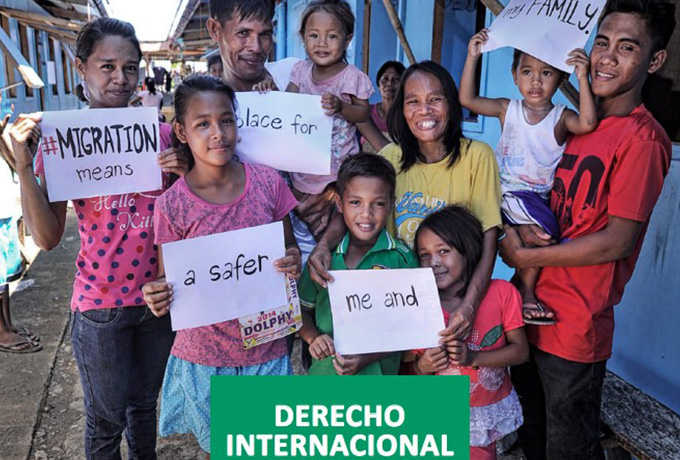Vulnerable group:
Depending on the context, any group or sector of society (such as children, the elderly, persons with disabilities, ethnic or religious minorities, migrants, particularly those who are in an irregular situation, or persons of diverse sex, sexual orientation and gender identity (SSOGI)) that is at higher risk of being subjected to discriminatory practices, violence, social disadvantage, or economic hardship than other groups within the State. These groups are also at higher risk in periods of conflict, crisis or disasters.
Migration governance:
The combined frameworks of legal norms, laws and regulations, policies and traditions as well as organizational structures (sub-national, national, regional and international) and the relevant processes that shape and regulate States’ approaches with regard to migration in all its forms, addressing rights and responsibilities and promoting international cooperation.
Gender perspective:
The gender perspective or gender approach is an analysis that looks at the impact of gender on people's opportunities, social roles and interactions. Therein, the existence of inequalities between different genders is recognized, resulting from the cultural assignment of symbols, values and practices regarding bodily sexual differences (real or perceived). These inequalities are related to asymmetric power structures that place men and the masculine in a privileged position, and women and the feminine in a position of subordination.
Gender mainstreaming:
A strategy to assess the implications of gender in all interventions, including policies, programmes or legislation, ensuring that gender concerns and experiences are comprehensively considered in the design, formulation, implementation, analysis and monitoring of interventions.
Gender:
The socially constructed roles, behaviours, activities and attributes considered appropriate for individuals according to the sex assigned to them at birth.



